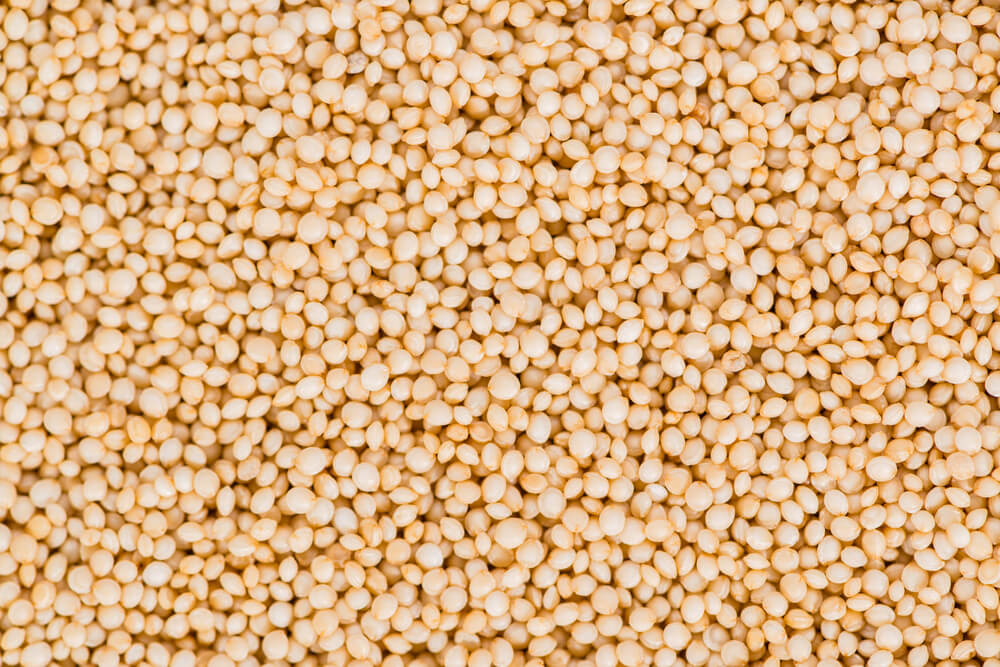Amaranth Seeds
Amaranth derives its name from the Greek word “Amaranto,” meaning unfading flower. Known scientifically as Amaranthus or commonly as Pigweed, this ancient grain has been cultivated for over 8,000 years and is recognized for its exceptional nutritional value. Its light yellowish seeds, about the size of poppy seeds, are not only gluten-free but also provide […]
Read MoreAbout Amaranth Seeds:
Amaranth derives its name from the Greek word “Amaranto,” meaning unfading flower. Known scientifically as Amaranthus or commonly as Pigweed, this ancient grain has been cultivated for over 8,000 years and is recognized for its exceptional nutritional value. Its light yellowish seeds, about the size of poppy seeds, are not only gluten-free but also provide higher protein content than traditional cereals such as rice, rye, and sorghum.
Nutritional Profile:
- 30% more protein than common cereals
- Rich in amino acids, particularly Lysine
- Three times more fiber and five times more iron than wheat
- Gluten-free, making it suitable for people with gluten intolerance
Culinary Uses:
Amaranth seeds are used in various recipes to enhance both flavor and nutritional value. They can be added to porridge, salads, soups, or even baked goods.
Medicinal Properties:
Amaranth seeds possess medicinal properties, contributing to their demand globally. Their nutrient-rich profile makes them a valuable addition to a healthy diet, offering benefits such as improved digestion, increased iron levels, and enhanced overall health.
Species and Cultivation:
There are approximately 60 species of Amaranth, cultivated for their leafy vegetables, grains, and as ornamental plants. As a producer and exporter of Organic Amaranth Seeds, we maintain strict quality control to ensure the highest purity and nutritional standards in our products.
Amaranth seeds are a versatile and nutritious addition to various culinary dishes, suitable for a wide range of dietary preferences and needs.
Uses of Amaranth
Amaranth is used as an ingredient primarily in multigrain bread, pasta’s, baby food, instant drinks etc., Whole Amaranth seeds are used in bread.
Amaranth can be puffed (like tiny popped corn) or ground into whole grain flour.
Amaranth Benefits
Amaranth contains certain medicinal properties for which it is considered as an effective agent against cancer and heart disease. Amaranth Oil is consumed as it helps in lowering cholesterol.
Consumption of Amaranth seeds or oils is beneficial to people suffering from Hypertension and Cardiovascular disease.

